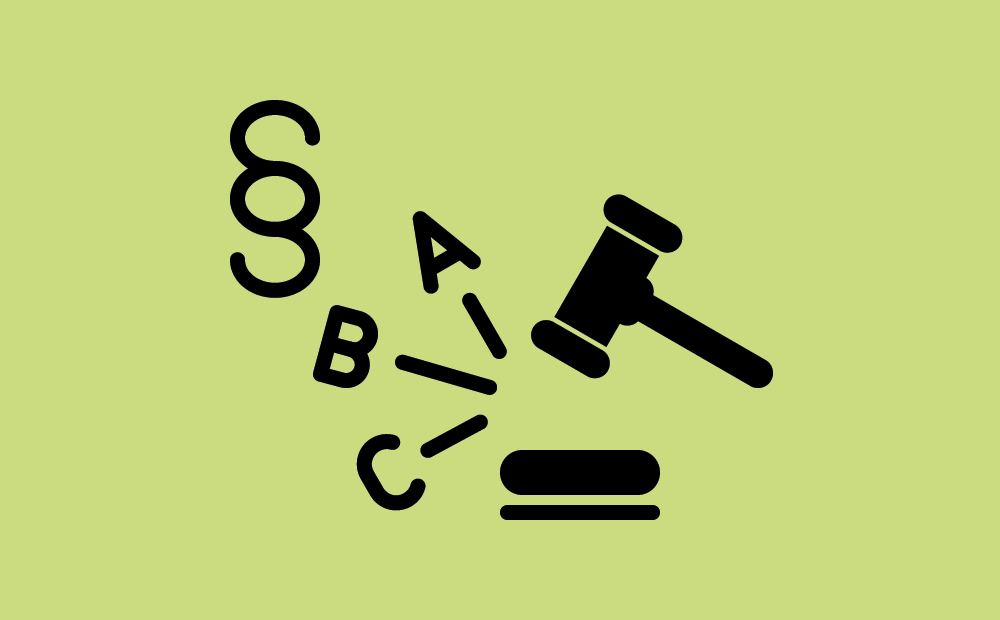Introduction to eco-modulation

What is eco-modulation?
Eco-modulation means that recycling fees for packaging are based on its recyclability, and it was introduced in Finland in the beginning of 2023. Finnish companies with producer responsibility pay for the collection and recycling of the packaging that they bring to the market in the form of recycling fees.
The recycling fees for packaging that the producers pay have been eco-modulated since the beginning of 2023, which means that the recycling fees for packaging made of materials that are easy to recycle are lower than those for packaging that is more difficult to recycle. For example, the recycling fee for mono-material plastic packaging, i.e. packaging containing just one type of plastic, is lower than for packaging containing several types of plastic.
Packaging producer organisations Finnish Packaging Producers Ltd and Sumi Oy both determine their eco-modulated recycling fees for their respective customers. Producers report the packaging volumes they have used to Rinki every year. The invoicing is based on recycling fees per tonne and packaging volumes brought to the market.
Why eco-modulation?
The requirement for eco-modulation comes from EU legislation and is included in the Finnish Waste Act. Under the Act, the level of recycling fees for packaging must be based on properties such as recyclability, reusability and durability.
The aim of eco-modulation is to encourage companies to introduce packaging to the market that is easier to recycle and, consequently, contribute to achieving the recycling targets for packaging waste. In 2020, 61% of packaging waste was recycled in Finland, while the target is 65% for 2025 and 70% for 2035.
What is the schedule for eco-modulated fees?
Eco-modulation categories for packaging waste based on the recyclability of the packaging were introduced at the beginning of 2023 when the 2022 data was submitted.
The new eco-modulation categories metal and paper fibre will be introduced in 2024. The plastic and glass eco-modulation categories will remain the same as this year. The 2024 price lists for producer organisations and eco-modulation categories will be published on the Rinki website in October 2023.
There was no need to change the recycling fees for wooden packaging following the eco-modulation requirement as the recycling fee was already lower for wooden packaging that is easy to recycle than for other types of wooden packaging. Examples of wooden packaging with a lower fee include standard wooden pallets and cable reels.
What does eco-modulation mean for a company with producer responsibility?
Eco-modulated recycling fees make it cheaper for companies to use packaging that is easier to recycle. The key objective of the eco-modulation concept is to introduce packaging that is easier to recycle to the market, which will also contribute to achieving the recycling targets for packaging waste.
Companies that use metal and paper fibre packaging should prepare themselves to report their 2023 packaging data according to the new eco-modulation categories in 2024. Plastic and glass packaging will continue to be reported according to this year’s eco-modulation categories in 2024.
The Packaging and Packaging Waste Regulation (PPWR) is currently under revision in the EU, and, once completed, it may also affect eco-modulation categories. Rinki will inform its customers of any changes to the eco-modulation system.
More information on eco-modulation for our member companies can be found in the training materials on Rinki’s extranet service.